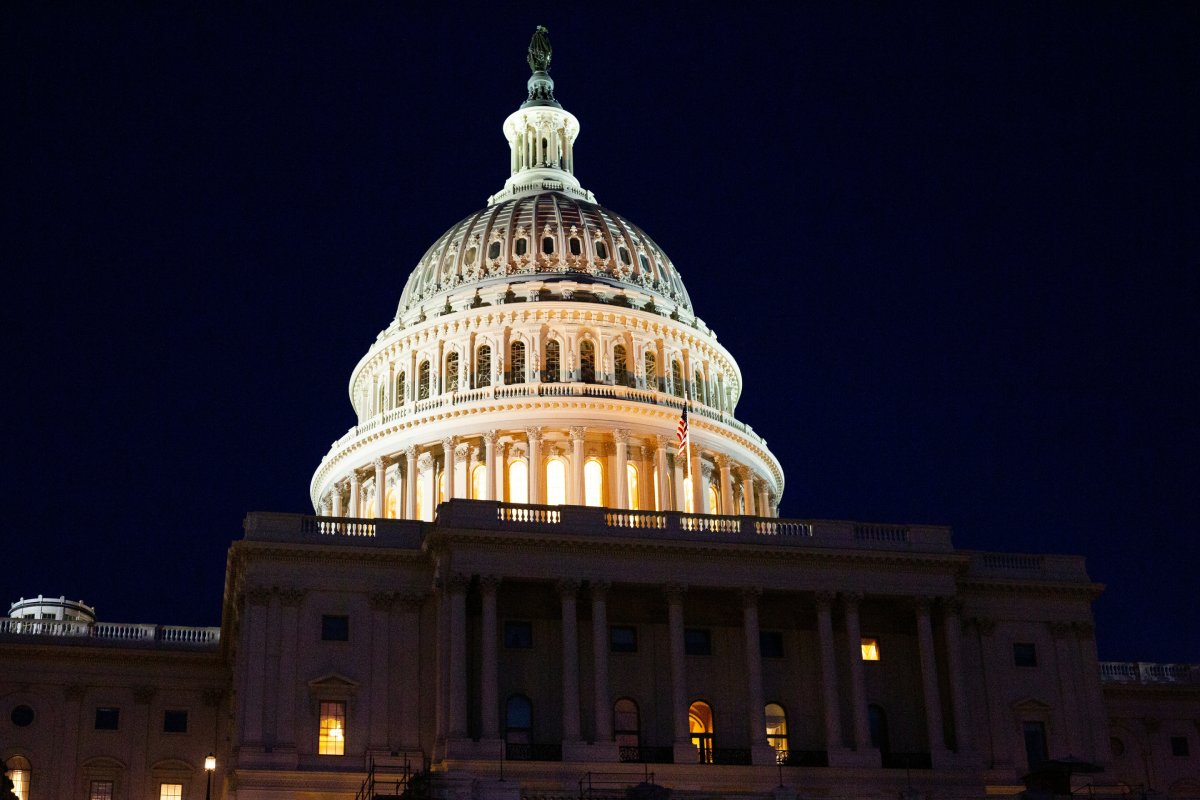Why the Future Isn't All Bad for the Right Kind of Travel Agents

Skift Take
Last week we launched the latest report in our Skift Trends Reports service, The Travel Agent of the Future.
In our most recent Trends Report, we explore the world of the travel agent. We dive into the developments which over the years have affected the segment, we look at what role the travel agent plays today, and examine which factors may influence them in the near future.
Below is an excerpt from our Skift Trend Report. Get the full report here to stay ahead of this trend.
In 1990, there were about 132,000 travel agents employed across the United States, around 90% of whom worked for travel agencies. By 2014, that number had nearly halved, to around 74,100. The Bureau of Labor Statistics (BLS) predicts that travel agent employment will decline by another 12% from 2014 to 2024, attributing the drop to the increased ease and popularity of online booking, notably on mobile devices.
The BLS estimates that reservation agents and travel clerks (i.e., representatives of travel, transportation, and hospitality companies who work directly with customers) will only see a decrease of about 1.4% over the same 10-year period. However, this data says more about the role of the agent than it does about the industry overall. Consumer desire to interact directly with other human beings when booking travel arrangements — be it on the phone or over chat — may not waver quite as much in the next decade.
Preview and Buy the Full Report
Some argue that the BLS data does not accurately represent the state of the industry today. The American Society of Travel Agents (ASTA) has been particularly vocal in expressing concern about how the findings have been presented. “The BLS doesn’t take into account the number of independent contractors in the travel agency community,” notes Erika A. Richter, Senior Manager, Communications & Government Affairs. “So it’s hard to say that the profession has truly been in a ‘decline’ over the past decade, when the data doesn’t incorporate the full spectrum of the travel agent profession.”
In fact, consumer demand for travel agents may be on the rise. According to the Airlines Reporting Corporation (ARC), airline ticket sales through travel agencies increased by 1.8 percent in August 2016 over August 2015. Data from global marketing firm MMGY Global’s 2016 Portrait of American Travelers also indicates that agents are regaining traction. Of the 2,948 U.S. leisure travelers surveyed for the study, around 19% reported having used a traditional travel agent for one or more of their vacations in the past 12 months, up from only 12% in 2013. Around a quarter of travelers said that they plan to use a traditional agent for vacation purposes in the next two years, up from only 17% in 2013.
While it’s doubtful that travel agents will become obsolete, most agree that their role will continue to change in years to come, owing not only to the continued emergence of new technology and innovations within the travel and hospitality spaces, but also because of increasing demands for personalized service.
Preview and Buy the Full Report
Subscribe now to Skift Trends Reports
This is the latest in a series of twice-monthly reports aimed at analyzing the fault lines of disruption in travel. These reports are intended for the busy travel industry decision maker. Tap into the opinions and insights of our seasoned network of staffers and contributors. Over 100 hours of desk research, data collection, and/or analysis goes into each report.
After you subscribe, you will gain access to our entire vault of reports conducted on topics ranging from technology to marketing strategy to deep-dives on key travel brands. Reports are available online in a responsive design format, or you can also buy each report a la carte at a higher price.





